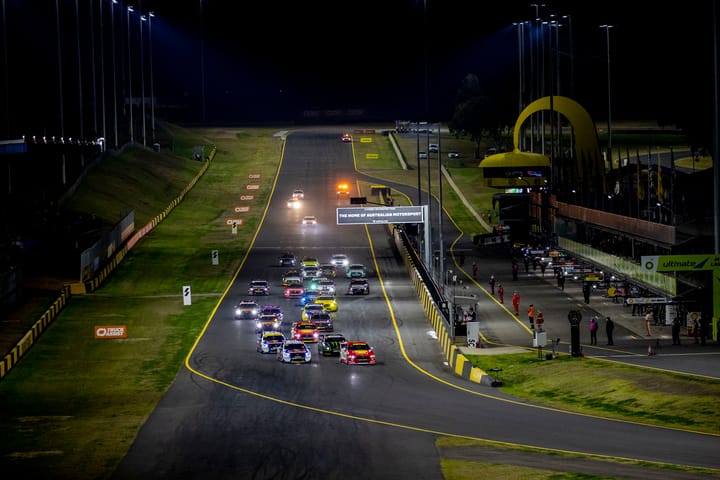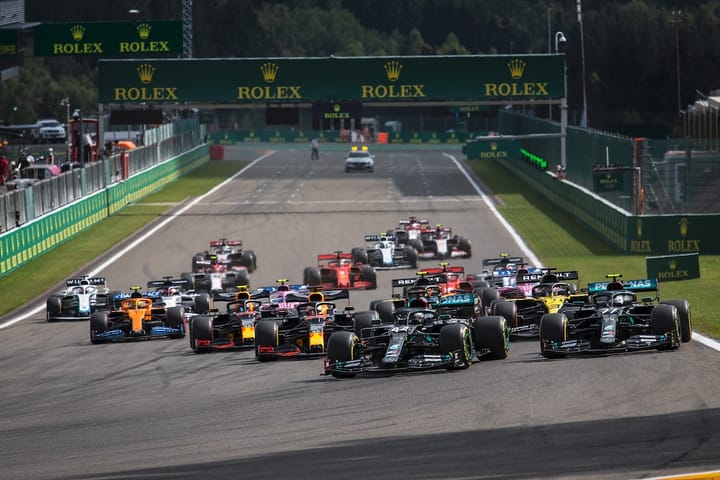TOYOTA OPENS A NEW ERA AT LE MANS
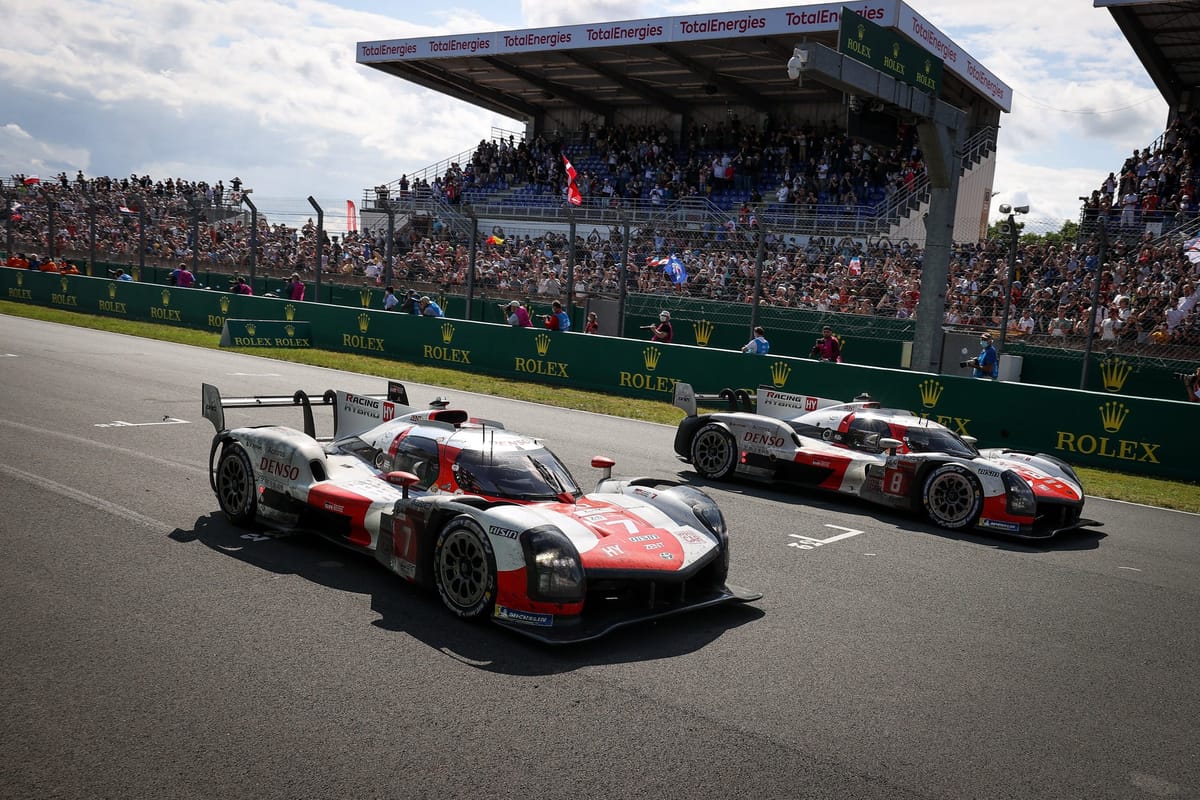
So Toyota won Le Mans. Again. That’s now four in a row.
It was an entirely predictable win by the only serious car company contender at the French sports car classic, with the only real question being the finishing order of the two Toyota Hypercar contenders.
There was some in-house wrestling, and a few minor mishaps, but there was never a remote possibility that Toyota would be beaten by the single Alpine that ran home third or the twin Glickenhaus hopefuls that completed the five-strong Hypercar class.
At the end, the winning GR010 Hybrid was the #7 driven by Mike Conway, Kamui Kobayashi and José María López, as Hypercars repeated their sweep of qualifying.
Ryan Briscoe was the best-placed Australian racer, finishing fifth in a Glickenhaus, the little-known James Allen was eighth overall and third in the LMP2 prototype class, with John Corbett 28th in another LMP2 car and Matt Campbell fifth in the GTE-Am class with a Porsche 911.
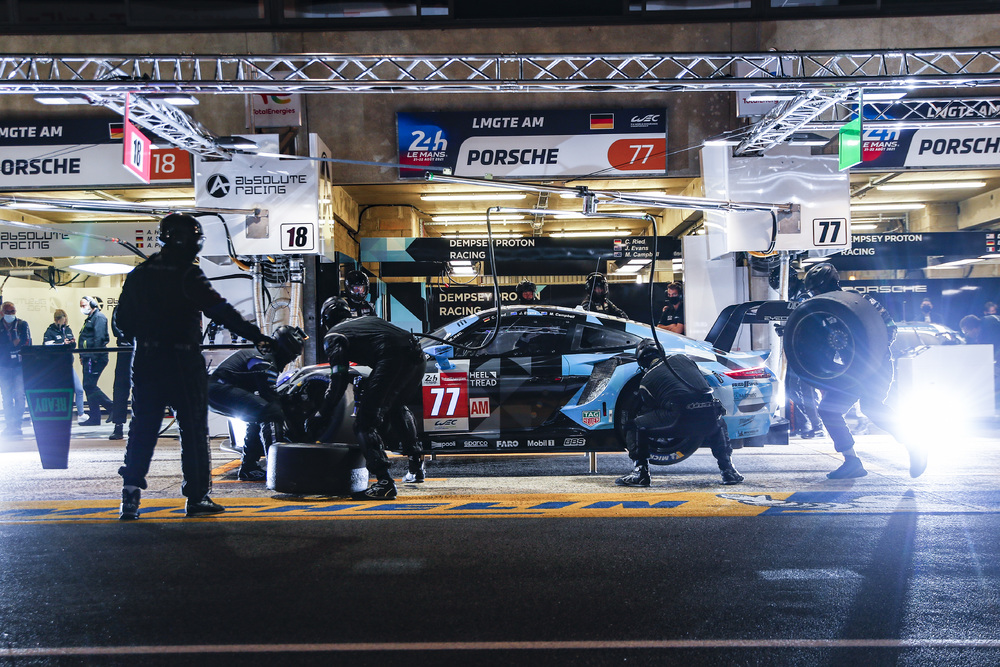
Akio Toyoda led the celebrations at Toyota, with a surprisingly open assessment of his team’s efforts and the winning crew.
“Even if Toyota had three consecutive wins at Le Mans, even if you guys won the world championship, I couldn’t rejoice from the bottom of my heart. Because you guys felt only frustration at Le Mans,” Toyoda says.
“It’s not your fault as drivers, our team and cars were not strong enough. So when I talk to you, I’ve always been full of regrets. But you guys never blamed anyone.
“The #7 crew finally got to the end of 24 hours and took the checkered flag on the highest step of the podium, and had a champagne fight with a heartfelt smile. I could finally see it, I was so happy and relieved that I could nearly cry.”
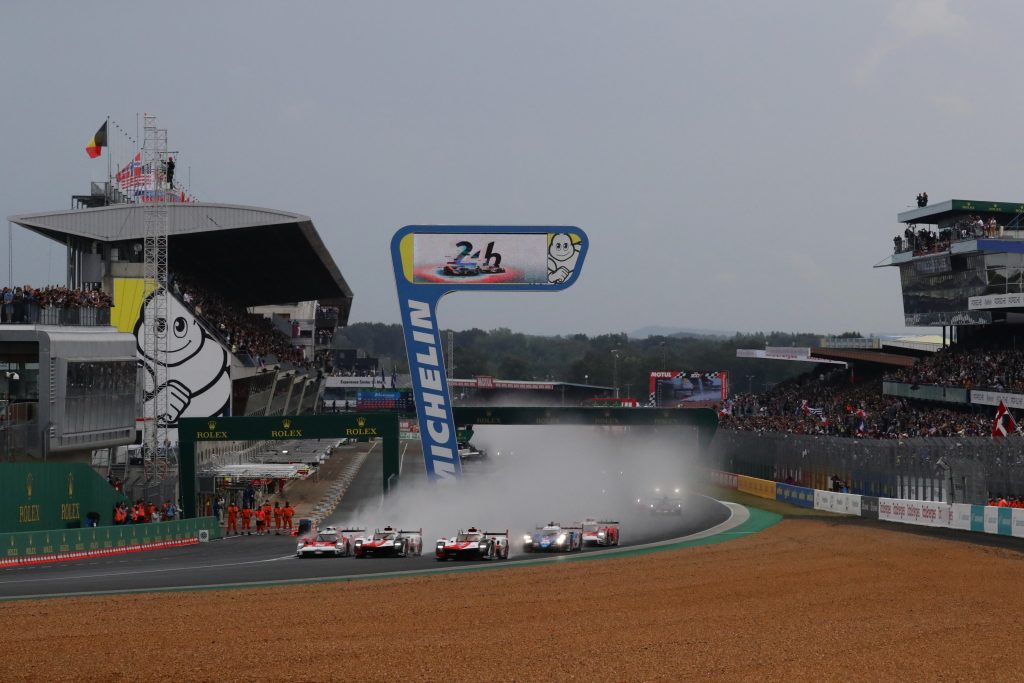
So Toyota won for 2021, but things are about to change massively at Le Mans.
The new Hypercar rules, which are intended to bring more relevance to road-car research-and-development – and perhaps sales – have become a powerful magnet for major manufacturers.
Porsche is returning to Le Mans in a partnership with Roger Penske and Audi will also be back, with an electrified sports car in 2023. The powerhouse German brands – who have dominated at the 24-hour for more than 30 years – have now turned back to sports cars from the Formula E single-seater category that was intended to become the green-power focus in world motorsport.
Peugeot, another past winner at Le Mans, is returning and BMW is building a contender – although it will run in the LMDh class, not Hypercar – in 2023.
Cadillac, which has been dominating sports car racing in the USA, is strongly rumoured to be planning a return to Le Mans and even Ferrari, which has not been a contender for outright victory since the 1960s, is coming for 2023.
And it’s not just the cars.
The green focus at Le Mans has already seen a hydrogen prototype running in a demonstration, but new rules – for 2025 and beyond – will open the race to fuel-cell power using hydrogen.
“We are working with eight manufacturers and we plan to have three [in the first year],” says Pierre Fillon, who leads the Le Mans organisation.
Porsche is also working on an eFuel that will be trialled in motorsport before migrating for road car use.
Total, the official French fuel supplier for Le Mans, says it will have a 100 per cent renewable fuel ready for the race in 2022.

It is developing a bioethanol fuel using wine residue and is promising a 65 per cent reduction in CO2 emissions from the competition cars. Called ‘Excellium Racing 100’, Total says it will help the company transition to net zero carbon emissions by 2050.
“This 100 per cent renewable fuel, that will be made available in motor racing as soon as 2022, is a perfect illustration. As we are becoming a broad energy company, the racing track is more than ever an open-air laboratory for TotalEnergies,” says Patrick Pouyanne, chairman of TotalEnergies.


